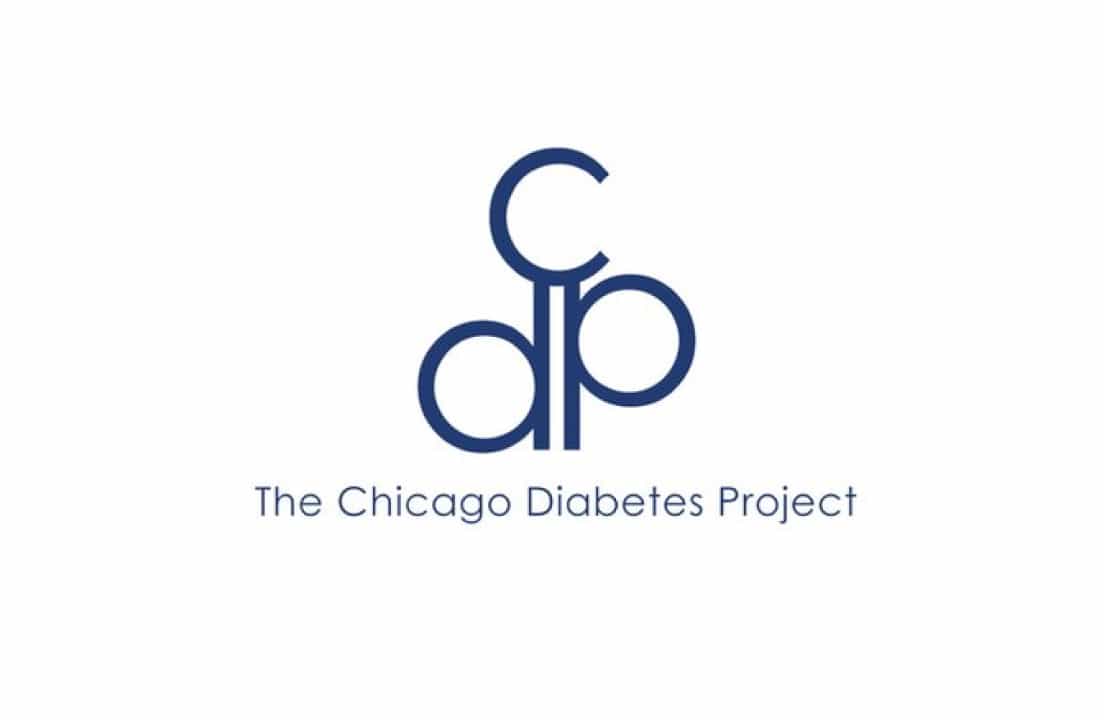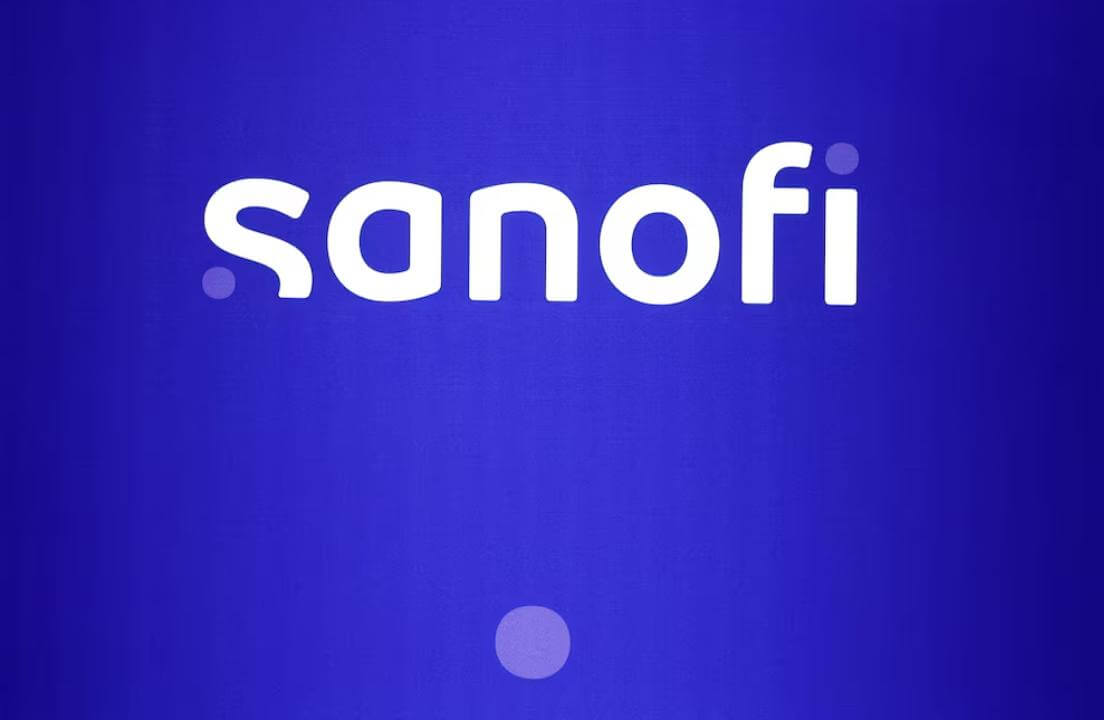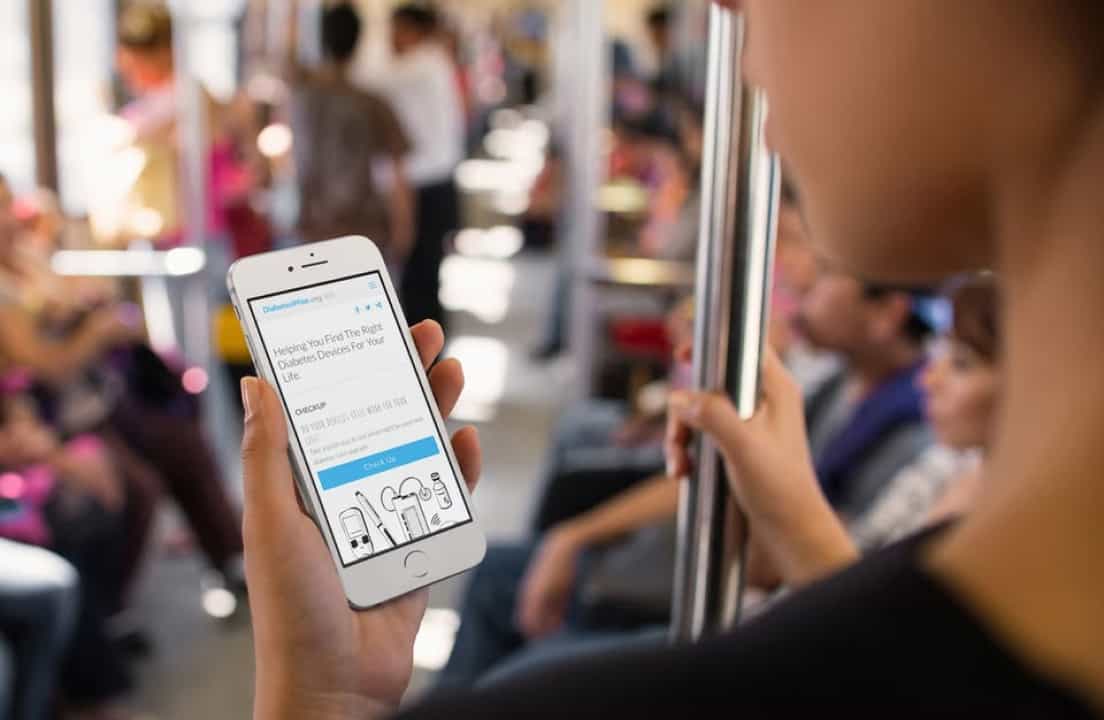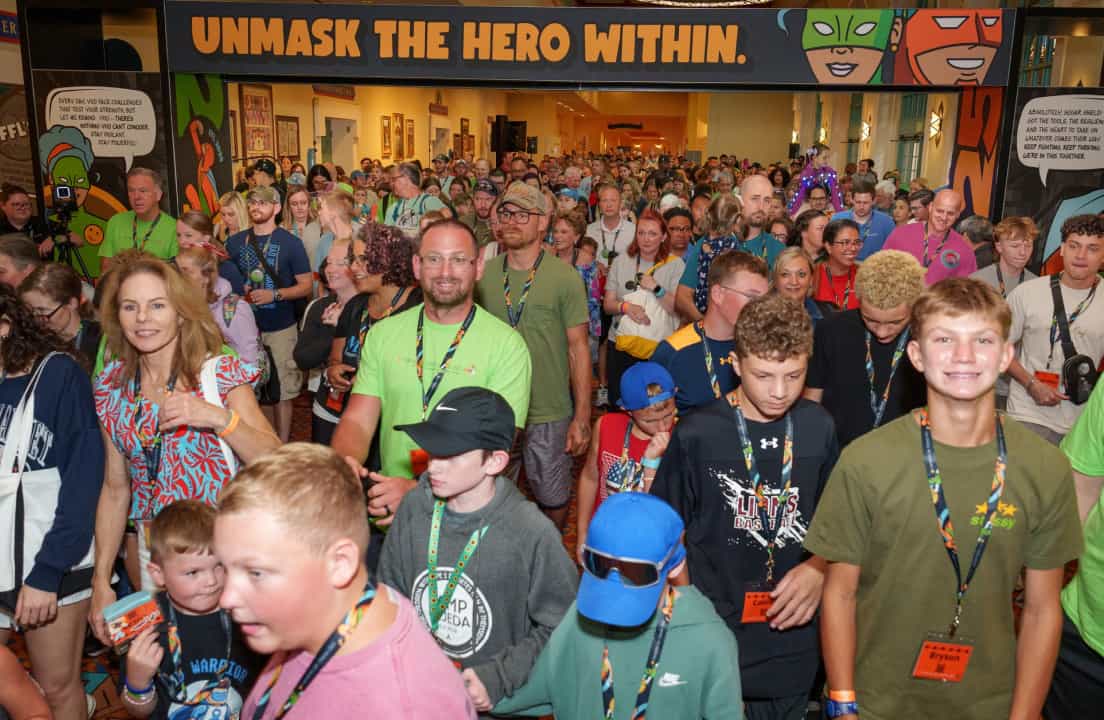T1D Guide
T1D Strong News
Personal Stories
Resources
T1D Misdiagnosis
T1D Early Detection
Research/Clinical Trials
Sanofi’s “The 1 Pledge” Advocates for Early Screening
You’re at the movies, and suddenly, an ad about T1D testing pops up on the big screen. Sanofi’s “Screen it Like You Mean It, and “#1 Pledge” campaigns are becoming mainstream. With so many research programs and early detection efforts gaining traction, you may wonder why type 1 testing is so important.

Why T1D Early Detection Matters
You may be thinking, ‘If I carry the type 1 gene, what does it matter if I know ahead of time—there’s no cure…'
Here's why in a a nutshell:
Type 1 diabetes management and preparedness are crucial.
The most important reason to get tested is to avoid the life-threatening complication of diabetes ketoacidosis (DKA). Individuals can reduce the long-term side effects we’ve seen in many misdiagnosed cases.
Early detection of T1D allows people to research and educate themselves, find doctors, and develop a treatment plan to better prepare.
Disease modifying therapies.
Another top reason why you should test for type 1 diabetes is because new medications can stall the disease's onset. Tzield is one of the first disease-modifying therapies (DMT) approved by the FDA to delay the onset of type 1 diabetes. The medication slows the autoimmune destruction of beta cells in the pancreas, allowing the body to continue producing insulin in some cases for up to two years, which delays the financial and emotional burdens.
Other ongoing research explores treatments to delay and prevent the T1D progression by creating access to potential new therapies.
Type 1 diabetes is on the rise in adults.
According to current research, the global trend shows type 1 diabetes is on the rise, with diabetes (both type 1 and 2) in young people increasing steadily over the next 40 years.

The disease that was once thought to be prominent in children and adolescents is seeing significant growing cases in adults.
Both genetics and environmental factors cause type 1 diabetes.
Studies indicate genetic susceptibility, where individuals need to inherit risk factors from both parents. If someone in a family has T1D, it is approximately 15 times more likely to manifest in another family member. However, up to 90% of people with type 1 diabetes do not have a family history.
The American Diabetes Association (ADA) reports that since not everyone at risk gets the disease, environmental triggers, such as climate, diet, or a possible virus, must be involved. Moreover, some studies show a potential surge in cases during the COVID-19 pandemic.
Sanofi’s T1D Movement
Sanofi, a leader in diabetes care, launched the “Screen it Like You Mean It” and “The 1 Pledge” national campaigns in 2023. These movements encourage early detection and T1D screening, showcasing diversity in the T1D community.
By including celebrities like Usher Raymond IV (Usher’s son was diagnosed at age 6), Robin Arzón (VP of Fitness Programming and Head Instructor at Peloton and best-selling author), and Adam Schefter (journalist whose wife Sharri Maio lives with T1D) to open up about their T1D experience, they’ve encouraged people to get screened.

“Since the day my child was diagnosed with type 1 diabetes, the condition is something I never stop thinking about. Had we detected my child’s type 1 diabetes before their diagnosis, it could have given us valuable time to prepare.” USHER
The promotion's storytelling includes everyday patients battling type 1 and caregivers who wish they had known how to better prepare for the grueling management. The 1 Pledge encourages people to get tested before symptoms arise and urges families to get screened to better prepare for illness.
While there is still no cure for type 1 diabetes, early screening through blood antibody tests can give people more time to prepare.
The #1Pledge
The slogan, now appearing in movie theaters, doctor offices, and television commercials, supports people getting screened for T1D, especially if they have a family history with the disease. It advocates for early testing before possible life-threatening complications arise and the need for insulin if spotted early enough.
Sanofi’s Survey
The innovative global company has taken a new approach to reaching an untapped audience. Sanofi, alongside BeyondType1, surveyed 1,000 T1D adults and 1,000 caregivers of children with type 1 to prove that this early detection initiative benefits patients and caregivers.
The "Cost of Not Knowing" study found that most individuals “regretted not testing sooner.” Also, newly diagnosed T1D’s shared the dangers of avoidance and unawareness.
“As many as 40% of people have no idea they have T1D until they experience a life-threatening event that requires hospitalization. So don’t wait.” —Screen It Like You Mean It.
Other Reasons to Screen
Living in denial can have financial repercussions as well as emotional and social problems.
Sanofi’s study unveiled:
- 50% of adults with type 1 diabetes spent $5,000 on emergency care for their T1D symptoms before or during diagnosis, with nearly one in four spending at least $10,000.
- 72% of adults who did not screen and 66% of caregivers were unaware that a T1D autoantibody test was available!
- 92% of T1D adults recommended friends and family members get tested to understand the risks.
Before screening, it’s essential to know the Stages of T1D:
- Stage 1: Autoantibodies appear in the blood, but glucose levels are normal.
- Stage 2: Glucose tolerance is impaired, but usually no symptoms.
- Stage 3: Clinical type 1 diabetes develops, with signs and symptoms.
How do I get Screened?
Here are five ways to screen for the risks of T1D.
1) Screening Central
The Screening Central platform was developed in collaboration with Sanofi. The telehealth service offers various screening options: You can visit a local lab or have a kit sent to your home to complete and return. Visit Sanofi’s Screening Central for more information on screening tests.

2) Simple Blood Test
Though growing increasingly more common, specific blood tests can determine if you have type 1 diabetes. Unlike a blood glucose test, the autoantibody test screens for diabetes-related autoantibodies (proteins in the blood visible in the early stages before symptoms.) Ask your healthcare team for details.
3) Autoimmunity Screening for Kids (ASK)
ASK provides a free autoantibody test to all children in the United States.

4) Type 1 Diabetes TrialNet
If you have a relative with type 1 diabetes, TrialNet will mail you a free test kit to be taken at home or in a participating lab.

5) Enable Biosciences
The biotech company Enable Biosciences has developed a test kit to detect type 1 diabetes. They offer an at-home test or one that you can get from a doctor’s office.

Visit Screen It Like You Mean It
The website provides diabetes counselors with information about the screening process. To speak to a counselor, call 855-576-8471.
What is the cost of a test?
The various screening options offer different costs, and lab screenings vary depending on your insurance coverage. Speak with your doctor and insurance provider for the best-cost screening method. If you have a family member with T1D, TrialNet offers free testing.
Cassie Bailey of the @wildthornbaileys “wishes she’d been better prepared for her son’s type 1 diabetes diagnosis. Cassie’s son was five years old at the time of his T1D diagnosis and developed DKA. Cassie and her husband had to learn practically overnight how to help their son manage the disease.
Knowledge is Power – T1D Preparedness Matters
Early testing is key, even if you don’t have any symptoms. Determining a T1D prognosis allows for better disease management and can, in some instances, delay the need for insulin with new medications for up to two years.
Finding the right care team and T1D community can be crucial for getting ahead of the curve.

People can pledge to get screened for type 1 diabetes today at The1Pledge.com and follow the movement on social media using #ScreenforType1. Sanofi and T1D Strong encourage people interested in learning more about screening or type 1 diabetes to speak to their doctor.


.webp)





.webp)
.jpg)

.jpg)

.jpg)
.jpeg)

.jpg)

.jpg)
.jpg)


.jpg)


.jpg)

.jpg)
.jpg)
.jpg)
.jpg)

.jpg)

.jpg)
.jpg)
.jpg)

.jpg)


.jpg)








.jpg)









%20(1).png)




















.jpg)














.webp)